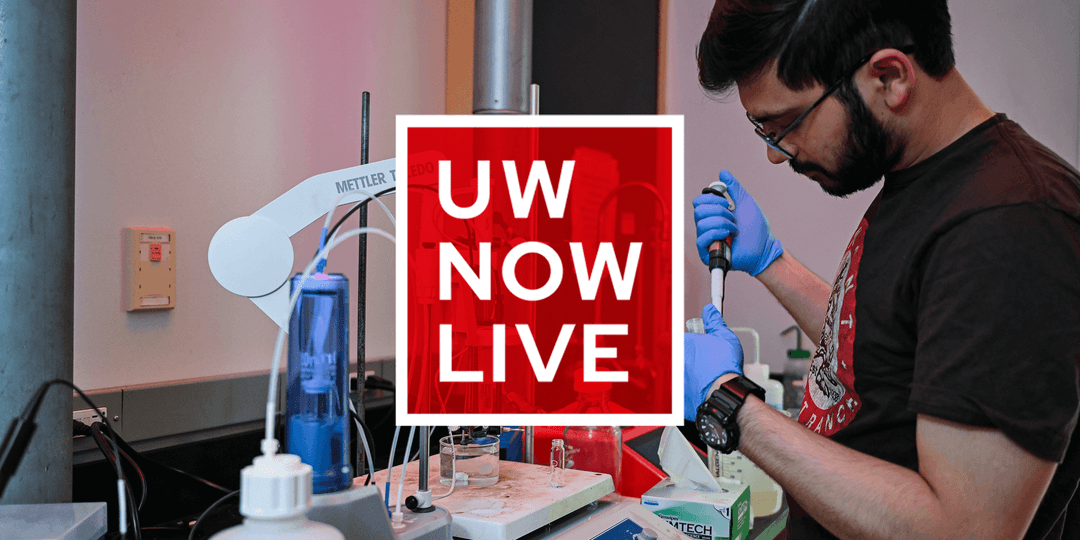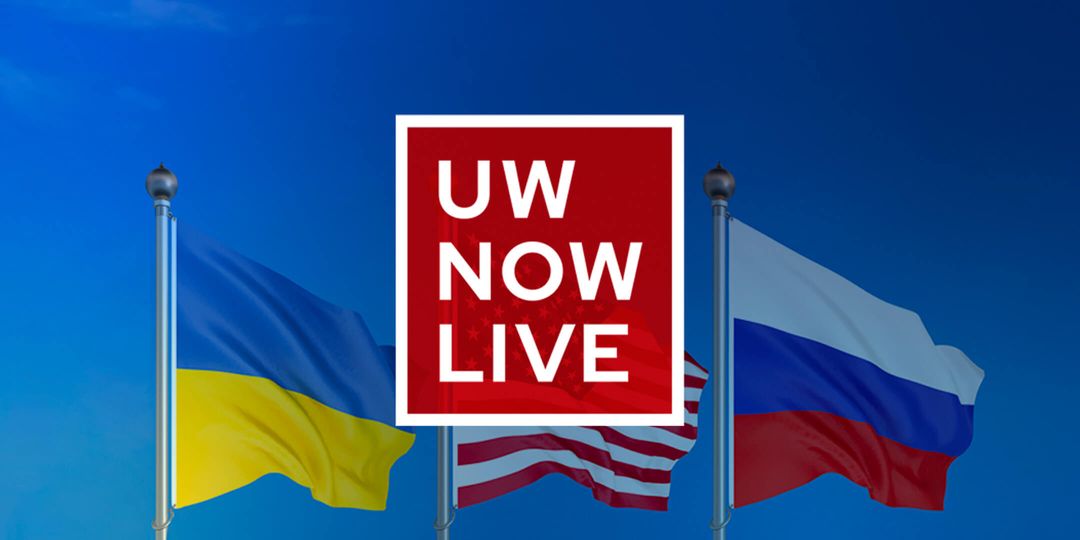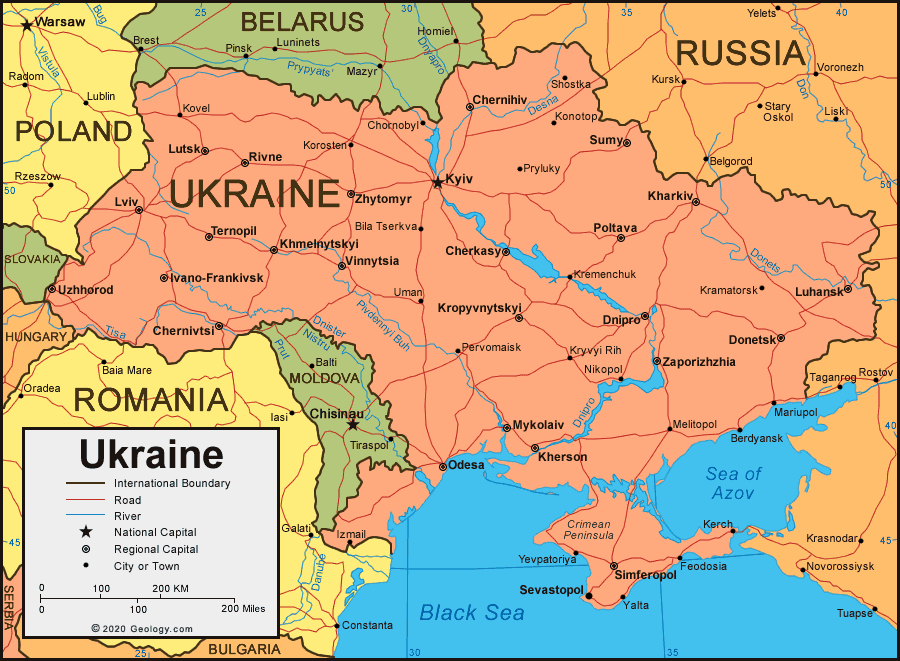No matter who wins, the U.S. national debt is going to grow. The question is by how much.
On October 15, three UW–Madison faculty members joined The UW Now Livestream to talk with host Mike Knetter about the economic policies that presidential candidates Kamala Harris and Donald Trump have proposed. Knetter, the CEO of the Wisconsin Foundation and Alumni Association, is also an economist and former dean of the Wisconsin School of Business, leading to a lively discussion of economic policies and their effects. Guests included Kim Ruhl of the Center for Research on the Wisconsin Economy; Tim Smeeding MS’72, PhD’75, former director of the Institute for Research on Poverty; and Mark Copelovitch of the UW’s Center for European Studies.
Ruhl focused on macroeconomics and the ways that the candidates’ plans would affect the broader economy and the national debt. “There are things governments can do to try to help GDP grow, but that’s a notoriously difficult thing to do,” he said. Still, the candidates are offering plans that would expand government spending and increase the size of the federal government’s debt — though, he noted, the Trump plans would create significantly larger deficits.
“The Committee for a Responsible Federal Budget thinks Trump’s policy is going to add about $7.5 trillion to the debt,” he said. “Harris is about $3.5 trillion. So Trump’s [deficit] is going to be larger, most likely — if [both candidates did] everything that they want to do, it would have a larger impact.”
Smeeding looked at labor markets, health care, the social support network, and income taxes, and he noted that, especially with respect to immigration, the candidates’ policy differences could create large economic differences.
“[Immigrants] created a surge in workforce offsetting retiring Baby Boomers,” he said. “We want new homes constructed, right? Well, 25 percent of current home construction workers are immigrants. … The labor force grew in 2023 by 5.2 million people, mostly because of higher net immigration according to CBO estimates. And as a result of this surge, GDP is going to be higher by $8.9 trillion. Government tax revenues rose by $1.2 trillion, and deficits will be lower by a little less than $1 trillion.”
Trump’s promise to deport 10 million immigrants would have a significant effect on that source of labor.
Copelovitch addressed the issue of tariffs and trade, noting that people across the political spectrum have shown mixed attitudes about protectionist policies. “Often when you ask Americans, ‘Do you want to protect jobs through tariffs?’ people will say yes. And that is somewhat popular,” he said. However, “trade is also very popular with voters, because most Americans experience it only as consumers.”
The realities and costs of Trump’s tariffs would likely prove unpopular, he said. “Trump is now calling for blanket tariffs of 20 percent on all trade, on all goods that come into the United States. That is a massive change in American trade policy, a functional reversal of decades of trade policy. In conjunction with the immigration policy, that could cause a huge recession in the United States.”
Both Ruhl and Smeeding suggested that eventually, irrespective of who serves as president, the federal government will have to address the nation’s growing debt. But Copelovitch noted that the U.S. faces fewer fiscal constraints than other countries, due to the dollar’s dominance. Further, reducing debt would be politically be difficult, as voters don’t seem to have much interest in balanced budgets.
“Higher debt may involve some tradeoffs (inflation, interest rates), but the U.S. can easily sustain our current debt/GDP levels or even higher levels,” he said. “If voters really cared about debt and deficits and thought it was a problem, they would elect different politicians, and they would punish politicians who run up to debt. And they haven’t really done that. Everyone says they love debt reduction in the abstract, but they hate it in details.”




